Short Gut Syndrome In Infants
Short gut syndrome in infants. Weight loss or inability to gain weight. In infant and pediatric patients the most common causes are necrotizing enterocolitis abdominal wall defects jejunal ileal atresia and mid gut volvulus. Short bowel syndrome short gut is most often due to a birth defect or due to surgical removal of part of the bowel.
In infant and pediatric patients the most common causes are necrotizing enterocolitis abdominal wall defects jejunal ileal atresia and mid gut volvulus. In order to save the babys life a large length of intestine has to be removed resulting in inadequate length. From 6999 Save 20 If You Subscribe.
Short bowel syndrome is a spectrum of malnutrition resulting from inadequate bowel length. CAMDEN LIVING WITH SBS. SBS is by far the most common cause of intestinal failure in infants and children.
Short bowel syndrome in neonates may be present at birth due to a congenital anomaly or may develop in older infants and children as a result of disease or trauma occurring later in life. Short Bowel Syndrome in Children Most children with SBS develop the condition shortly after birth due to an underlying gastrointestinal GI condition leading to intestinal surgery. The prevalence of short bowel syndrome appears to be increasing because of more aggressive surgical and medical approaches to the management of neonatal intraabdominal catastrophies.
Their journey can differ from that of adults. The most common causes of short bowel syndrome in infants are abnormalities in the way the intestine has developed and necrotising enterolitis. Short bowel syndrome SBS is a congenital or acquired malabsorptive state that usually is caused by extensive resection of the small intestine.
Some of the causes of this condition in infants can include. Order To Eliminate Leaky Gut Now. Although these congenital cases are often associated with malrotation of the small intestine the exact cause of congenital short bowel syndrome is unknown.
Symptoms of short bowel syndrome include. SBS can incur significant morbidity and mortality including intestinal failure cholestasis sepsis and death.
Excessive gas andor foul-smelling stool.
From 6999 Save 20 If You Subscribe. Short bowel syndrome SBS describes intestinal failure that is caused by reduced small intestine mass due to massive resection a congenital defect or disease-associated loss of absorption. In newborns for example short gut syndrome may occur following surgery to treat necrotizing enterocolitis where the bowel suddenly dies. CAMDEN LIVING WITH SBS. Short bowel syndrome short gut is most often due to a birth defect or due to surgical removal of part of the bowel. Weight loss or inability to gain weight. Symptoms of short bowel syndrome include. Short bowel syndrome in infants can be caused by conditions that require part of the small intestine to be removed. The small intestine fails to absorb food nutrients properly Normally absorption of food nutrients happens in the small intestine.
The most common causes of short bowel syndrome in infants are abnormalities in the way the intestine has developed and necrotising enterolitis. Symptoms of short bowel syndrome include. SBS can incur significant morbidity and mortality including intestinal failure cholestasis sepsis and death. Short bowel syndrome in neonates may be present at birth due to a congenital anomaly or may develop in older infants and children as a result of disease or trauma occurring later in life. Although these congenital cases are often associated with malrotation of the small intestine the exact cause of congenital short bowel syndrome is unknown. In infant and pediatric patients the most common causes are necrotizing enterocolitis abdominal wall defects jejunal ileal atresia and mid gut volvulus. Short bowel syndrome in infants can be caused by conditions that require part of the small intestine to be removed.



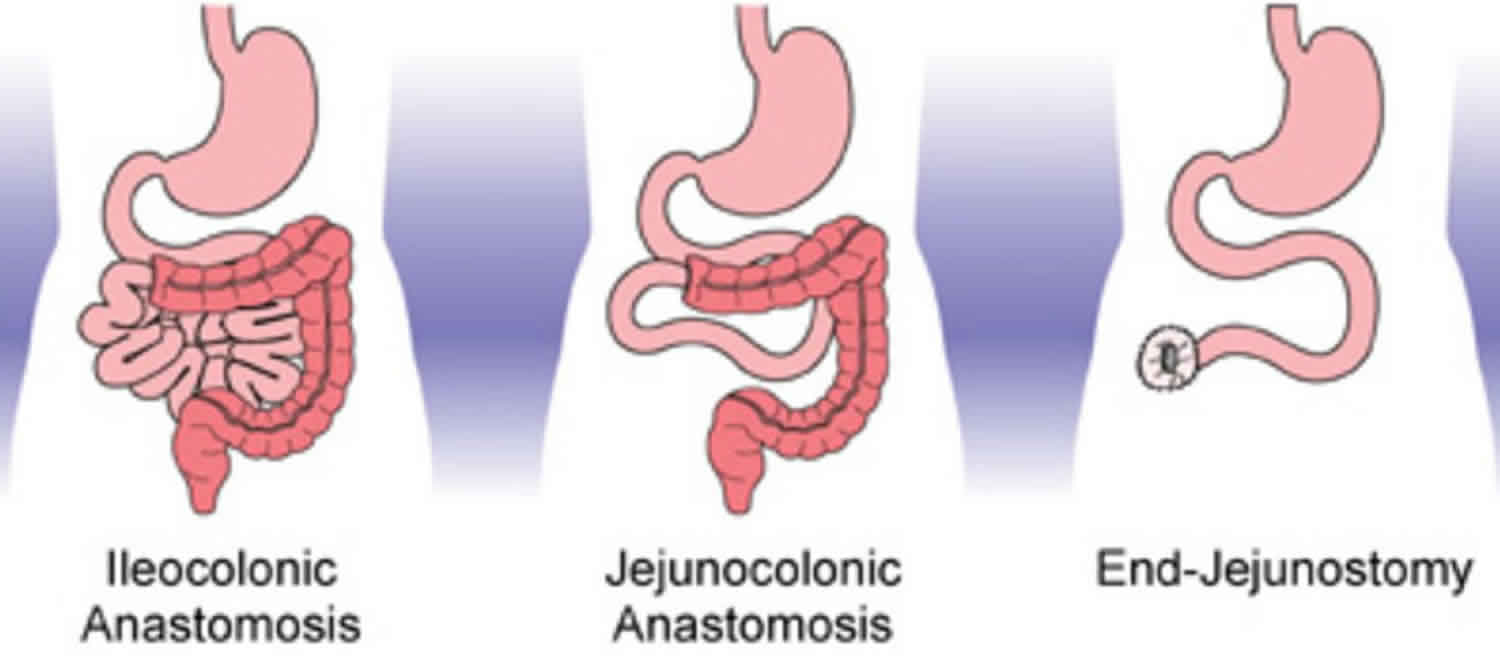

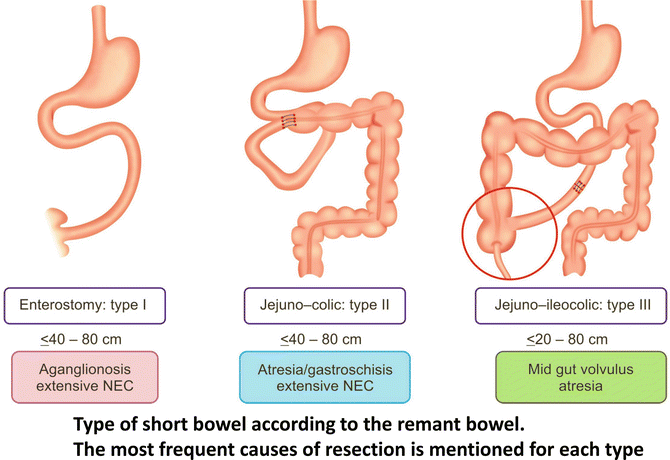












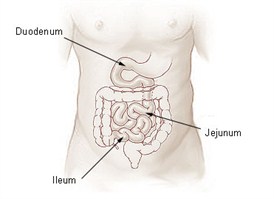

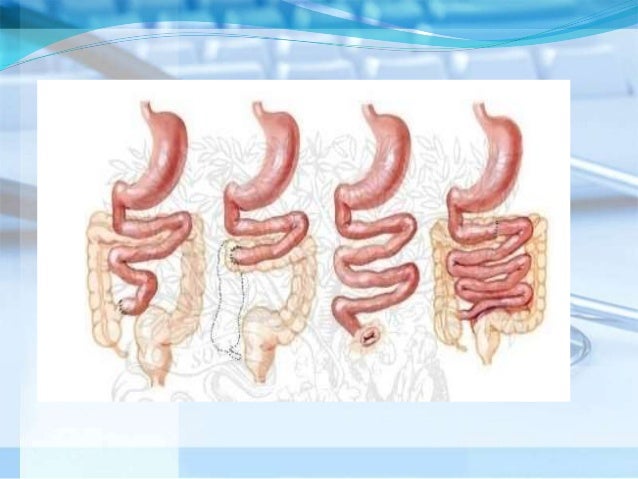












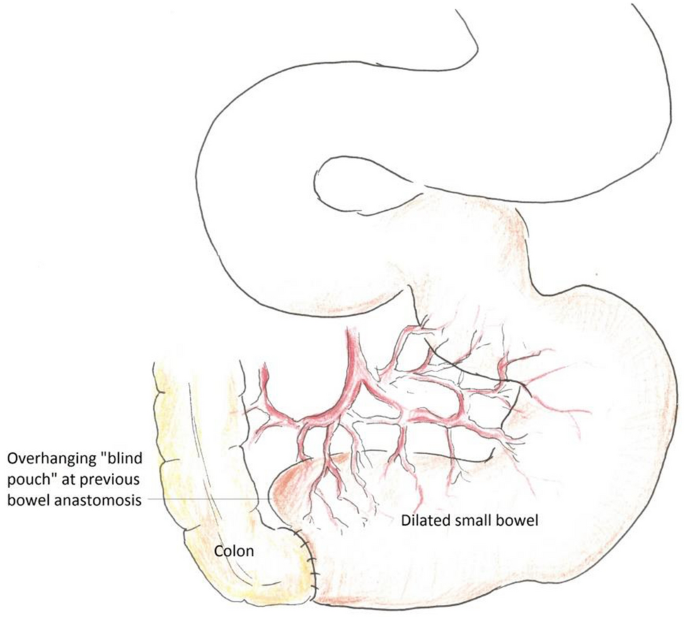




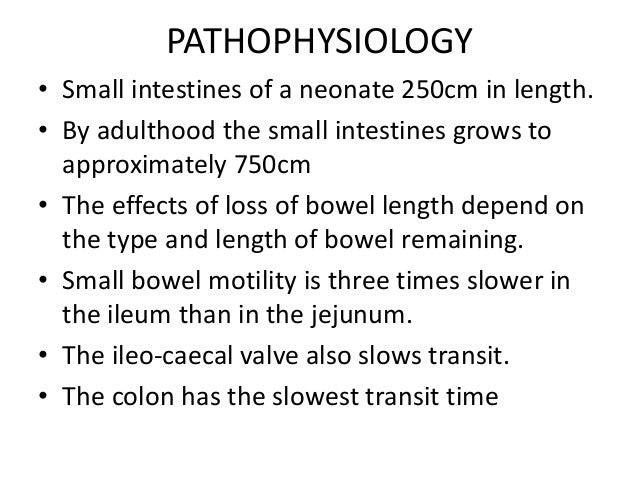



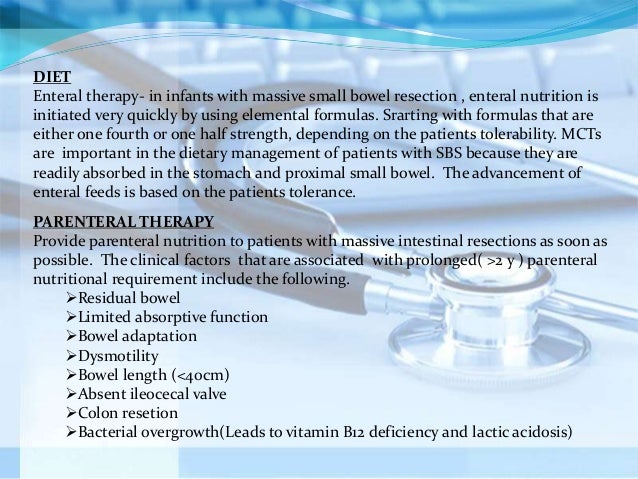

Posting Komentar untuk "Short Gut Syndrome In Infants"